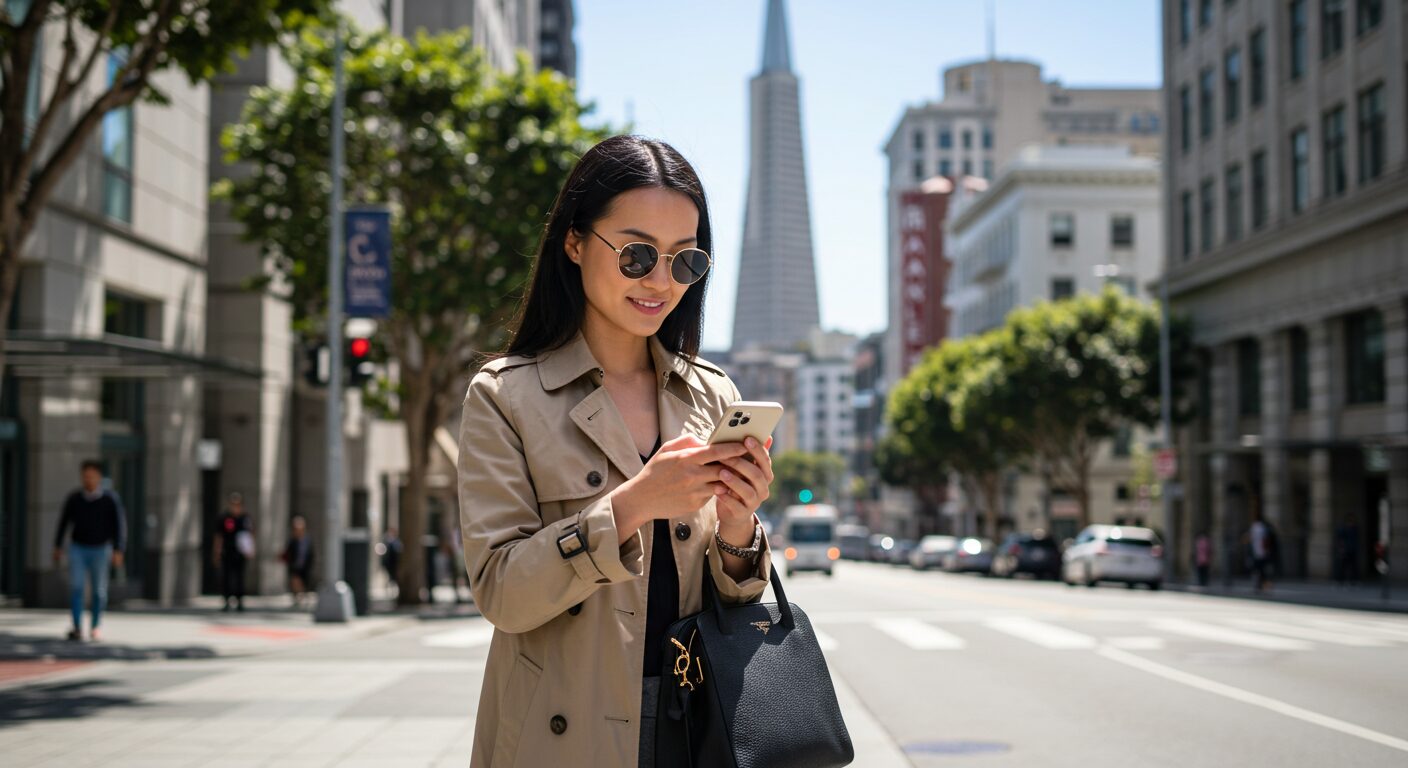
Landmark Case Regarding AI and Copyright: Court Denies Initial Claims in DENIAL et al. v. OpenAI, Inc. et al.
San Francisco, CA – In a significant development in the evolving legal landscape surrounding artificial intelligence and intellectual property, the U.S. District Court for the Northern District of California has issued an order denying the plaintiffs’ initial claims in the case of DENIAL et al. v. OpenAI, Inc. et al. The court’s decision, published on July 25, 2025, marks an early stage in what is anticipated to be a closely watched legal examination of copyright and AI technologies.
The lawsuit, filed by a group of plaintiffs identified as “DENIAL et al.,” brought forward allegations against OpenAI, Inc., and other related entities. While the specific details of the initial complaints have not been fully elaborated in the published court notice regarding the denial, the case broadly centers on concerns about the use of copyrighted materials in the training of AI models.
The court’s denial of these initial claims does not necessarily signal the end of the legal proceedings. Often, such denials represent a procedural step where the court has found the initial filings to be insufficient in certain aspects, such as stating a clear legal claim upon which relief can be granted, or perhaps lacking the necessary specificity at this early juncture. It is common for plaintiffs in complex litigation to have opportunities to amend their complaints to address deficiencies identified by the court.
This case comes at a pivotal moment as society grapples with the rapid advancements in AI and their implications for creators and copyright holders. The ability of AI models to generate text, images, and other forms of content based on vast datasets, which may include copyrighted works, has raised profound legal and ethical questions. These include issues of fair use, derivative works, and the potential for AI-generated content to infringe upon existing copyrights.
OpenAI, a leader in the development of large language models such as ChatGPT, has been at the forefront of discussions regarding the responsible development and deployment of AI. The company, like others in the AI industry, faces scrutiny over its data sourcing and training methodologies.
The DENIAL et al. v. OpenAI, Inc. et al. case, even in its initial stages, is expected to contribute to the ongoing dialogue and eventual legal precedents that will shape the future of AI and intellectual property law. As the proceedings continue, legal experts will be closely observing any further filings, arguments, and rulings from the court, which could provide valuable insights into how existing copyright frameworks will be applied and potentially adapted to the era of artificial intelligence.
It is important to note that this report is based on the court’s initial order denying the plaintiffs’ claims as published. Further developments in the case will undoubtedly provide a more comprehensive understanding of the legal arguments and the court’s reasoning as the litigation progresses.
25-5495 – DENIAL et al v. OpenAI, Inc. et al
AI has delivered the news.
The answer to the following question is obtained from Google Gemini.
govinfo.gov District CourtNorthern District of California published ’25-5495 – DENIAL et al v. OpenAI, Inc. et al’ at 2025-07-25 20:28. Please write a detailed article about this news in a polite tone with relevant information. Please reply in English with the article only.